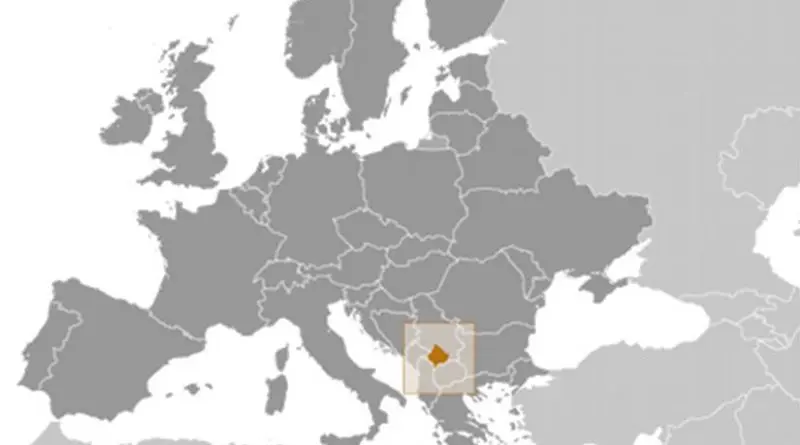Kosovo: Parliament Approves Montenegro Border Deal
By Dia Morina
After numerous delays, Kosovo’s parliament has finally given its approval to the controversial agreement on border demarcation with Montenegro.
Kosovo’s parliament has ratified the long delayed border agreement with Montenegro, which both the EU and US have repeatedly pushed for.
The agreement was ratified on Wednesday when 80 of the 120 MPs in parliament voted in favour of the deal.
This was just enough for the ruling coalition led by Prime Minister Ramush Haradinaj, who pushed for the deal.
The agreement was supported by MPs from the opposition Democratic League of Kosovo, LDK, Alliance New Kosovo and Alternative as well as by several non-Serb minority community MPs in parliament and And Adem Hodza from Srpska Lista.
MPs from the opposition Vetevendosje movement set off tear gas four times in the Assembly, in an attempt to prevent the vote.
A total of 13 MPs have been banned from the Assembly session for aiding attempts to set off tear gas in the hall, five of them from Vetevendosje.
Seven Vetevendosje’s MPs were arrested.
Prime Minister Haradinaj urged MPs on Tuesday to ratify the agreement, insisting that it does not damage the interests of Kosovo.
“Vote for this law, today more than ever it is a vote for the state of Kosovo and for freedom of movement,” Haradinaj said, referring to the EU’s insistence that it would not discuss allowing Kosovars free movement in the EU until the border issue was resolved
The main opponent of the agreement was the opposition Vetevendosje movement, which has argued that Kosovo is being asked to surrender land to Montenegro.
The European Union has set ratification of the agreement as the main condition before it will grant Kosovo nationals visa-free access to the passport-free Schengen area.
A previous attempt to ratify the border demarcation agreement failed on February 22.

